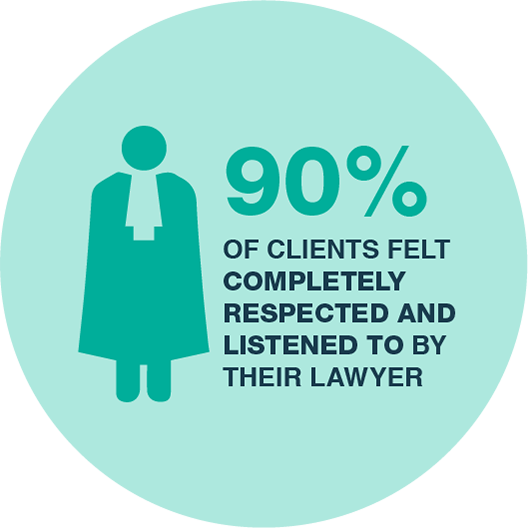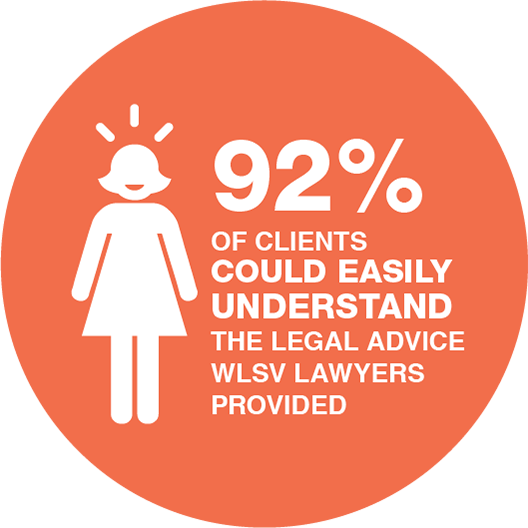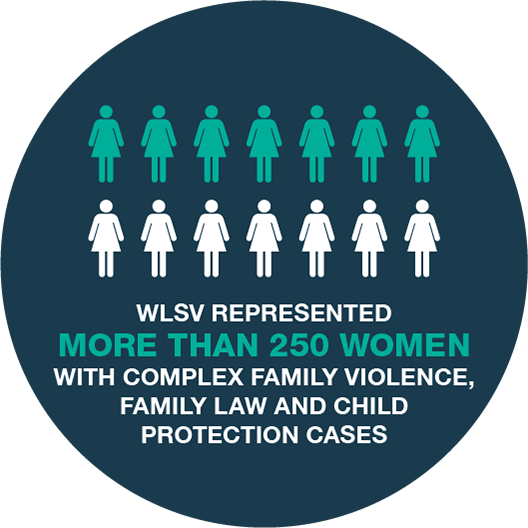A woman reunites with her daughter who has a disability after our legal assistance in the Children’s Court.
Issues
Amy’s daughter Kate suffered from a disability which made her care challenging. When Kate physically threatened one of her siblings, the Department of Health and Human Services (DHHS) successfully applied to the court to place her in out-of-home care. Amy had contact with her daughter three times a week, as agreed with DHHS. The DHHS case plan was for family reunification.
Over the next few months, Kate lived in five different residential units and had at least four DHHS workers assigned to her case. None of Kate’s lodgings were therapeutic units with staff qualified to manage Kate with her particular disability. Kate became increasingly unhappy being out of Amy’s care and her behaviour became more difficult for staff to manage. She started to self-harm, which was not a previous behaviour, and was admitted to hospital twice.
After Kate’s hospital admissions, DHHS changed the case plan to non-reunification and insisted that Amy’s contact with Kate be at their office, which meant that they were effectively supervised. Amy desperately wanted Kate returned to her – provided she could be given some additional support. Kate felt isolated and consistently expressed a wish to return home to her mother.
Resolution
WLSV first assisted Amy through our duty lawyer service at the Children’s Court early in 2018 and continued to represent her throughout the six months of court proceedings. Our lawyer provided regular advice to Amy and communicated directly with DHHS, expressing concern about the care being provided to Kate. In court hearings, we consistently maintained that Kate should be returned to her mother. This was eventually conceded by DHHS on the first day of the final hearing and an order was made returning Kate to Amy. Amy has sent us a number of photos of Kate’s smiling, happy face now she is back home.





